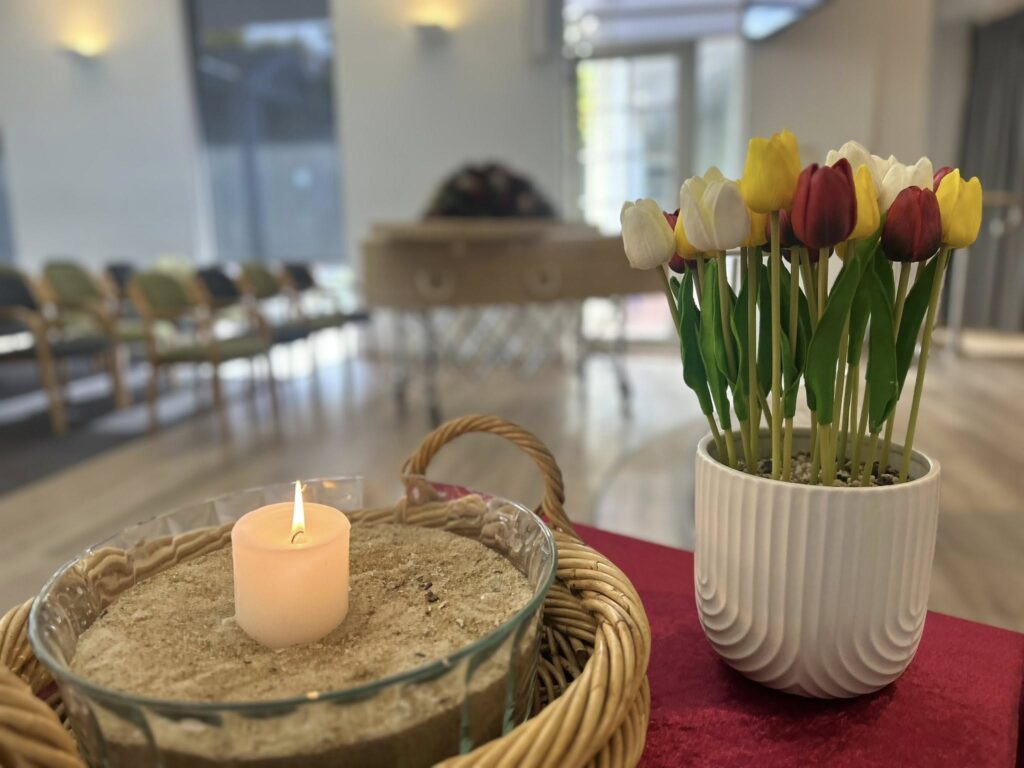Losing someone is one of life’s most painful experiences — and knowing what to say to a grieving friend or family member can feel just as difficult. Funerals are emotional and often overwhelming, and while your presence means a lot, your words can offer real comfort in a time of sorrow.
This guide is here to help you navigate those moments with sensitivity, sincerity, and grace.
Saying the Right Thing After a Funeral
Even the simplest expression of sympathy can make a big difference. If you’re unsure of what to say, these kind and respectful phrases are a good starting point:
- “I’m so sorry for your loss.”
- “You’re in my thoughts.”
- “[Name] meant a lot to so many people. They’ll truly be missed.”
- “That was a beautiful service — [Name] would have been so proud.”
- “It was an honour to be there today.”
- “Whenever you feel ready, I’m here for you.”
- “If there’s anything I can do — like helping with [specific task] — please let me know.”
These words don’t need to be long or elaborate. What matters most is that they’re heartfelt.
What Not to Say
Even with the best intentions, some common phrases can come across as dismissive or impersonal. Try to avoid saying things like:
- “At least they lived a long life.”
- “They’re in a better place now.”
- “Everything happens for a reason.”
- “You need to be strong.”
- “I know how you feel.”
- “Time heals all wounds.”
Why avoid these? Because grief is deeply personal, and these types of remarks can unintentionally minimise the pain someone is feeling — even if they’re meant to bring comfort.
Instead, focus on acknowledging the person’s pain and offering your presence, rather than solutions.
Attending a Live-Streamed Funeral: Showing Respect From Afar
More and more funerals are being held online, allowing people to join from anywhere. If you’re attending virtually, here’s how to be present in a meaningful and respectful way:
- Log in early: Give yourself a few minutes to get settled and troubleshoot any technical issues before the service begins.
- Be fully present: Set aside other tasks, silence your phone, and focus on the service — just as you would if attending in person.
- Comment with care: Keep online messages simple and sincere. Avoid emojis, humour, or anything that might be misread. After the service, consider sending a private message or card to the family for a more personal touch.
Supporting Someone After the Funeral
Grief doesn’t end when the funeral does. In fact, this is often when support matters most. Here are a few meaningful ways to stay connected:
- Send a handwritten card or thoughtful message: Share a memory, offer kind words, or simply let them know you’re thinking of them.
- Offer practical help: Cooking a meal, running errands, or watching the kids can ease day-to-day burdens.
- Remember important dates: A simple check-in on a birthday, anniversary, or holiday can bring immense comfort.
- Give them space, but don’t disappear: A quiet message or kind gesture can be powerful even weeks or months after the funeral.
Honouring a Loved One’s Memory
Celebrating someone’s life doesn’t have to end at the service. Many people find comfort in:
- Hosting a memorial or celebration of life later on.
- Sharing stories and photos with friends and family.
- Continuing meaningful traditions on birthdays or anniversaries.
These acts of remembrance can be healing — both for you and for those still grieving.
Final Thoughts
Grief is never easy, and there’s no perfect script. But when your words are sincere and your actions thoughtful, you offer something truly valuable: the reminder that no one has to go through this alone.
Whether you’re speaking at the service, writing a card, or checking in weeks later, the most important thing is to show up — with kindness, compassion, and a willingness to listen.
